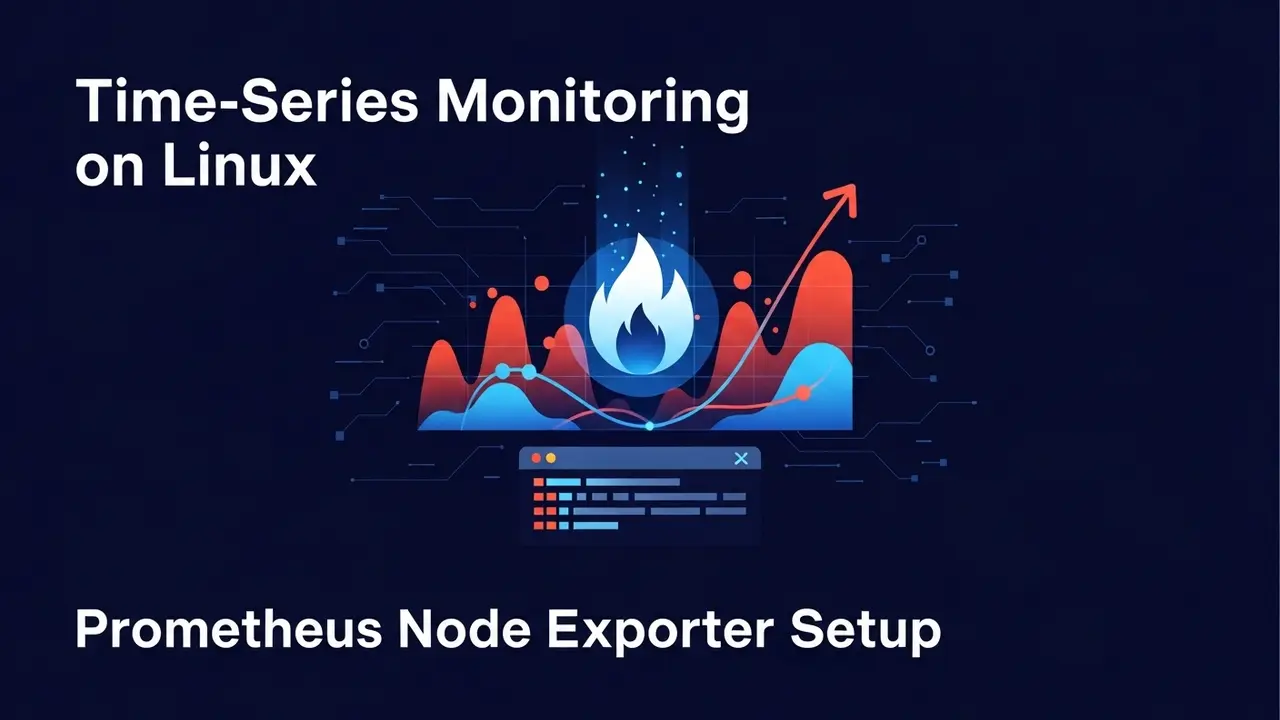- 1 Why Finding Great Linux Folks Feels Impossible
- 2 The Clock Is Ticking—On Your Product, Not Just Your Hiring Panel
- 3 Where the Real Linux People Hang Out
- 4 Skills That Matter in 2025
- 5 The 20-Minute Test We Swear By
- 6 What Good Linux Folks Actually Want
- 7 Paying Someone in Another Country Without Jail Time
- 8 Keeping Them Longer Than Six Months
- 9 Frequently Asked Questions
- 10 Ready to Stop Searching and Start Shipping?
Why Finding Great Linux Folks Feels Impossible
Picture this. You’re two weeks from a big release. The feature list is locked. Marketing’s ready to blast the announcement. Then your lead sysadmin quits.
Seventy percent of tech companies say they’ve been there. Linux roles stay open twice as long as web-dev positions. Why? The best people are already booked. And they’re picky.
The Clock Is Ticking—On Your Product, Not Just Your Hiring Panel
Every day you don’t ship is a day your competitor brags about their new tool on Twitter.
I watched a client lose a $400 k contract because their Kubernetes upgrade stalled while they hunted a single engineer. The team that won? They’d hired a Linux pro in three days using the steps below.
Where the Real Linux People Hang Out
Skip Indeed. Posting there is like fishing in the kiddie pool.
- LinuxJobs.io – tiny audience, 100 % on target
- GitHub issues pages – find the person who just fixed the bug you planned to solve
- Linux Foundation mailing lists – lurk, then send a short, human DM
Tip: Don’t spam. Read their last three commits. Mention one by name in your first message. Works every time.
Skills That Matter in 2025
Core is simple:
- Can they write a Bash script without Googling every flag?
- Do they know how to lock down a server with
ufworfirewalld? - Can they spin up a three-node K3s cluster on a lunch break?
Cloud certs help—RHCE, CKA, AWS SysOps—but I still hire the person who shows me a weekend hobby cluster over the one with ten expired certificates.
The 20-Minute Test We Swear By
Send them a broken VPS. Broken Docker socket, disk at 99 %, and a mystery cron job eating RAM. Ask for a screen recording showing:
- What’s broken
- How they fixed it
- One improvement they’d make next
Either they solve it fast or they don’t. No take-home puzzles. No whiteboard trees.
What Good Linux Folks Actually Want
Money? Sure. But after $100 k, the priorities flip:
- Flexible hours so they can attend their kid’s soccer game
- Learning stipend—$2 k a year keeps them growing
- No Friday deployments—seriously, just stop
My last hire picked us over a higher offer because we promised no 3 a.m. pages. Six months later he still thanks me.
Paying Someone in Another Country Without Jail Time
Use an Employer of Record (EOR). Deel or Remote.com handle taxes, health insurance, and that weird pension thing in Germany. You just send one invoice. Done.
Keeping Them Longer Than Six Months
Hand them a growth map on day one:
- Month 3: mentor a junior
- Month 6: own the next distro upgrade
- Month 12: speak at an internal tech talk
People stay when they see the next rung.
Frequently Asked Questions
How much does a remote Linux dev cost in 2025?
Mid-level: $80 k–$120 k. Senior: $120 k–$180 k. Add 15 % if they have CKA and live in a high-cost city.
How long will this take?
With the process above, we close roles in 10–14 days. Without it, 60–90 is normal.
What if they steal my data?
Give them a locked-down laptop, VPN-only access, and an NDA. Monitor, but don’t suffocate. Trust works both ways.
Certifications—worth it?
They’re a tie-breaker. Real projects beat paper every time.
Ready to Stop Searching and Start Shipping?
Post in the right places. Test with a broken server. Offer sane hours. Do those three things and the Linux pro you need will reply faster than grep finds text.
Need the step-by-step checklist I give my clients? Grab it here—no email required.







